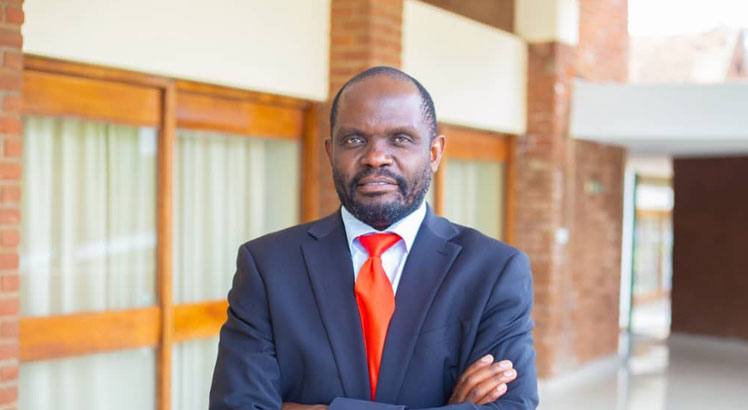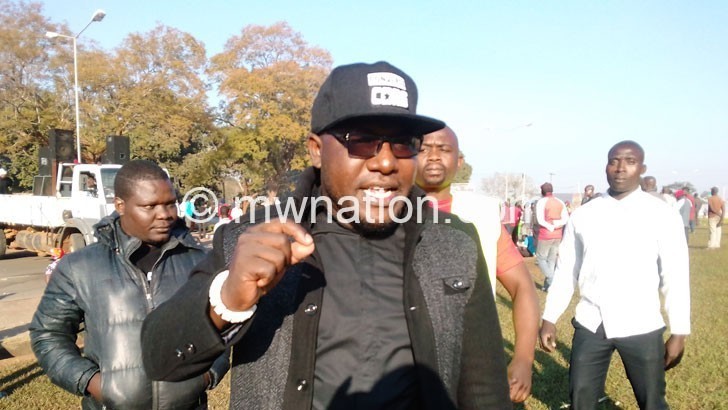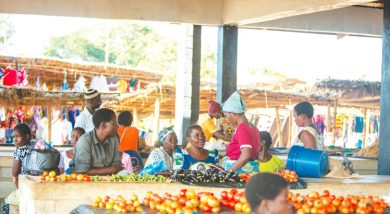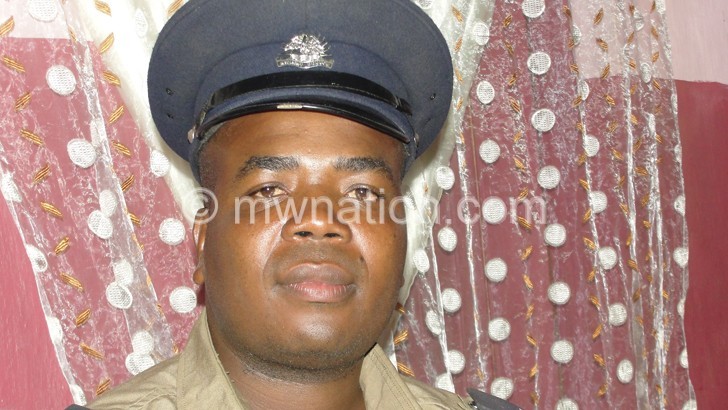UN seeks probe on refugees syndicate reports
The United Nations Office on Drugs and Crimes (UNODC) has asked Malawi Government to investigate allegations of a refugees repatriation syndicate and arrest the culprits.
The UN agency said the claims have the potential to deny bona fide refugees and asylum seekers an opportunity to resettle in Western countries.
Under the resettlement arrangement, refugees undergo a vetting process before they are transferred from the country where they have sought refuge to a third country where they are granted long-term or permanent residence status.
The call comes against the background of the Department of Immigration and Citizenship Services decision last week to stop 52 refugees and asylum seekers from travelling to the United States of America on the basis that their documents needed further checking following reports that there was a syndicate monetising the refugee resettlement programme.
In an interview on Friday, UNODC programmes officer Maxwell Matewere acknowledged the problem and called on law enforcement agencies to investigate to get to the bottom of the syndicate to help deserving refugees get the needed repatriation.
He said such organised criminal activities at Dzaleka Refugee Camp in Dowa are deep-rooted and frustrating efforts to decongest the facility which currently has about 52 000 registered refugees and asylum seekers.

Said Matewere: “We are aware of the human trafficking and migrant smuggling cases at Dzaleka Refugee Camp. We are also aware based on the reports that the criminals involved are highly organised. We are also aware of government efforts to address the problem.
“We appeal to all those affected as reported to reach out to United Nations High Commissioner for Refugees [UNHCR] officers working at the camp for help. We also want to call upon law enforcement officers to follow up on all allegations and arrest all criminals who are involved.”
In a separate interview, refugee activist Innocent Magambi acknowledged the existence of the syndicate and that it has disadvantaged desperate people who pay a lot of money in the hope of being repatriated.
He faulted the Malawi Government for doing little to expose and hold the perpetrators to account, claiming no arrests were made over the matter despite investigations revealing some culprits behind the vice.
Said Magambi: “A close examination of the syndicate’s modus operandi shows that they take the biometric data of a refugee family that has qualified for resettlement, who are usually those who have stayed in Dzaleka Refugee Camp for a long time, and replace all the photos with the unqualified families who have paid money.
“The names in the database and on the refugee status are never changed. When this was exposed some time back, the government only fired some of its employees who were implicated.”
Like Matewere, he also called on government to be proactive and demonstrate its commitment to protecting refugees and asylum seekers.
When contacted, UN International Organisation for Migration (IOM) chief of mission Nomagugu Ncube declined to comment on the matter of identity theft, expressing ignorance on the matter.
But commenting on the matter concerning the 52 refugees and asylum seekers who were returned at the airport on Tuesday, Ncube said the organisation is working with the responsible authorities to address the issue and find a lasting solution to ensure that it does not happen again.
Meanwhile, the Ministry of Homeland Security has demanded oversight on the system that involves refugee resettlement.
In a written response, the ministry’s spokesperson Patrick Botha said the refugees and asylum seekers who claimed to have documents to travel to Europe or the USA for resettlement were not in the database of UNHCR.
He said: “Some of those who left on 29th August and others on 1st September 2023 are not in our database. Where are they coming from? There is a need for oversight on this system of resettlement. It is being abused. There is a million-dollar racket on it.”
Botha condemned the practice of using Malawi as a trafficking conduit in the guise of resettlement by those posing as refugees and asylum seekers going to Western countries, claiming people that are abusing this system or benefiting are neither refugees nor asylum seekers.
He stressed that the Malawi Government remains committed, as mandated by international law, to protect refugees.
In May this year, Malawi Police Service supported by the Malawi Defence Force arrested over 400 refugees and asylum-seekers in Lilongwe, who were kept at Maula Prison before being moved to Dzaleka.
The crackdown came about two months after the government issued an ultimatum for people to return to Dzaleka, an overcrowded camp.
Ministry of Homeland Security said the operation was aimed at flushing out illegal immigrants and ensuring that all documented refugees return to their designated residence at Dzaleka.
Malawi is home to over 56 000 refugees and asylum-seekers, according to the UNHCR. Most live in Dzaleka, a refugee camp set up in 1994 to accommodate about 12 000 people but currently has a registered population of over 52 000 refugees.
Most refugees and asylum-seekers in Malawi come from the conflict-torn Democratic Republic of Congo, as well as Rwanda and Burundi.
In July this year, UNHCR and the Malawi Government repatriated 38 Burundian refugees from Dzaleka after they volunteered to return to their country.
The 38 were part of 161 refugees from Burundi, Rwanda and the Democratic Republic of the Congo who volunteered to return to their home countries, with the rest still on a waiting list.






One Comment